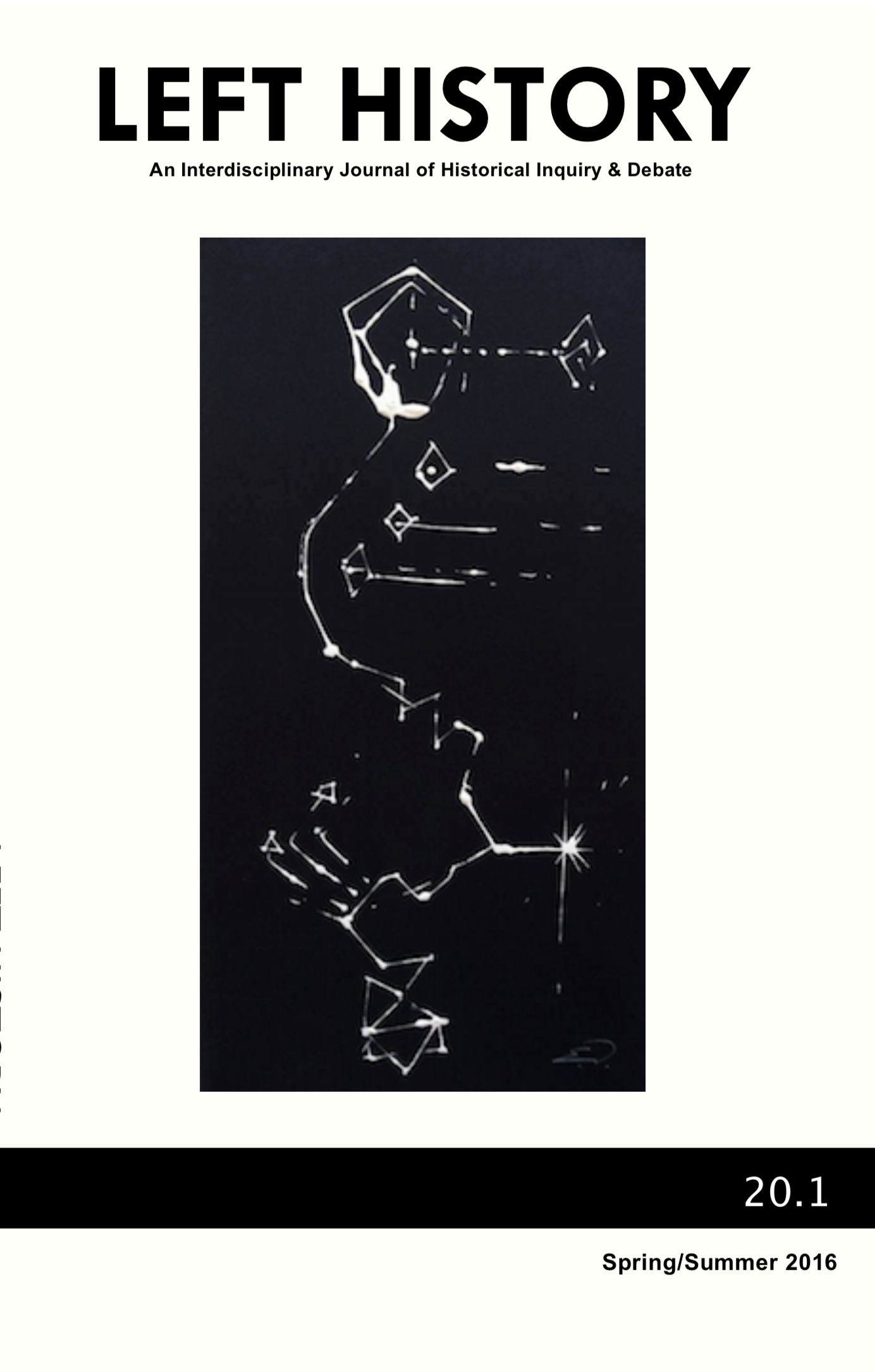“At the Bar of Public Sentiment”
The Congo Free State Controversy, Atrocity Tales, and Human Rights History
DOI:
https://doi.org/10.25071/1913-9632.39455Abstract
A key question in human rights history concerns when human rights originated. Common starting points include Greco-Roman civilization, the early eras of world religions, the French and American Revolutions, and the founding of the United Nations. Taking a very different approach, Moyn (2010) stresses that historians must distinguish between rights and human rights and determine when the former transitioned to the latter, suggesting that this shift took place in the 1970s. This paper agrees with Moyn’s idea that human rights require an international dimension that challenges state sovereignty from without, as opposed to rights and their restriction to the confines of the nation-state. However, it questions his periodization and historians’ tendency to view human rights as emerging in self-contained Western settings. It suggests instead that human rights originated as a concept in the 1890s in response to a crisis of colonial rule in Africa. Specifically, it posits that changing viewpoints of Africa and Africans within the international community made possible by atrocity tales concerning King Leopold II of Belgium’s Congo Free State commenced our human rights age. Birthed by the colonial encounter between Europe and Africa, human rights therefore represent more than the offspring of events, ideas or personalities in ancient or contemporary Western contexts but form part of a shared global heritage.
Downloads
Published
Issue
Section
License
This work is licensed under a Creative Commons Attribution-NonCommercial-NoDerivatives 4.0 International License. Authors retain copyright of their work. Any uses not covered by the license require permission from the rightsholder. We ask that republication and reuse of content cite the original publication in Left History.
Left History and its trademark are held under the copyright of the journal, which is published in the York University Department of History. Left History is committed to Open Access by publishing articles online under a CC BY-NC-ND 4.0 license.


